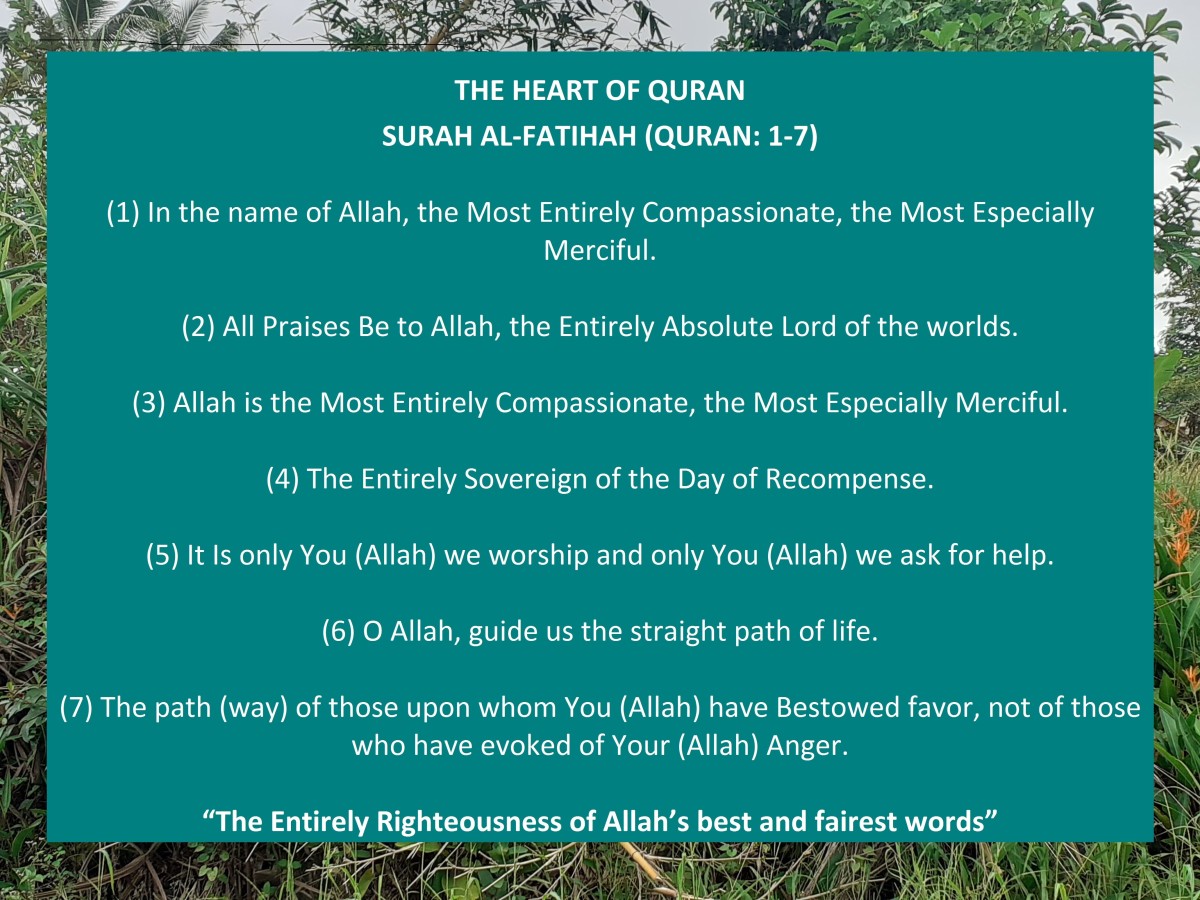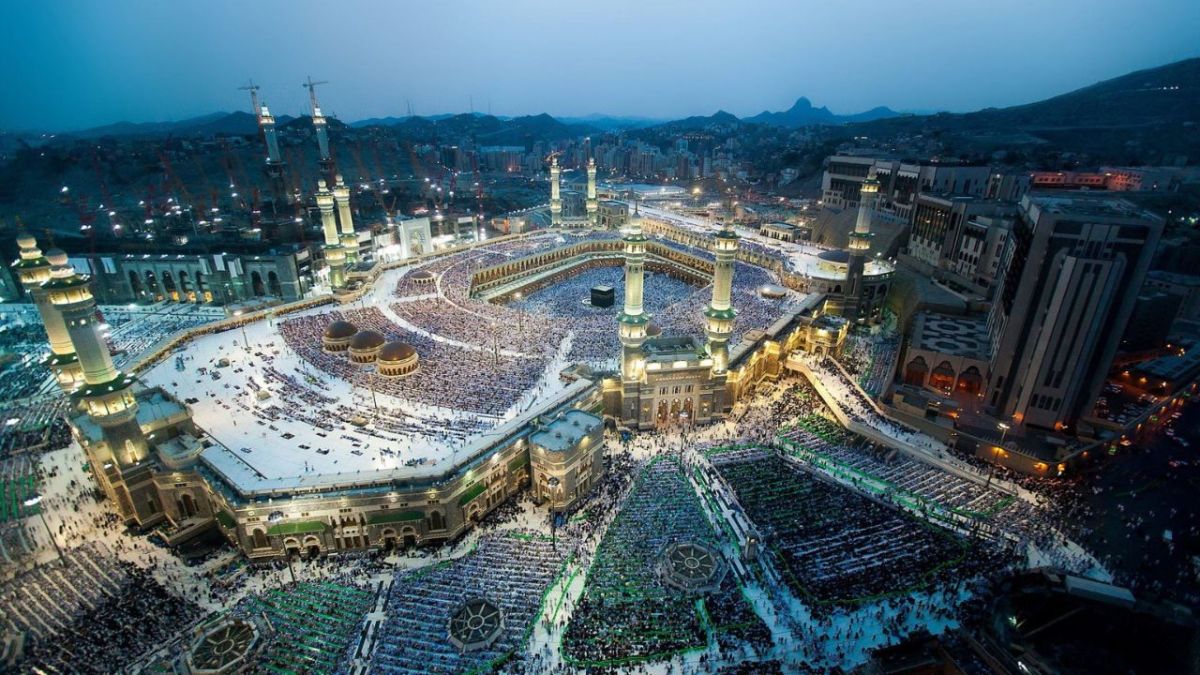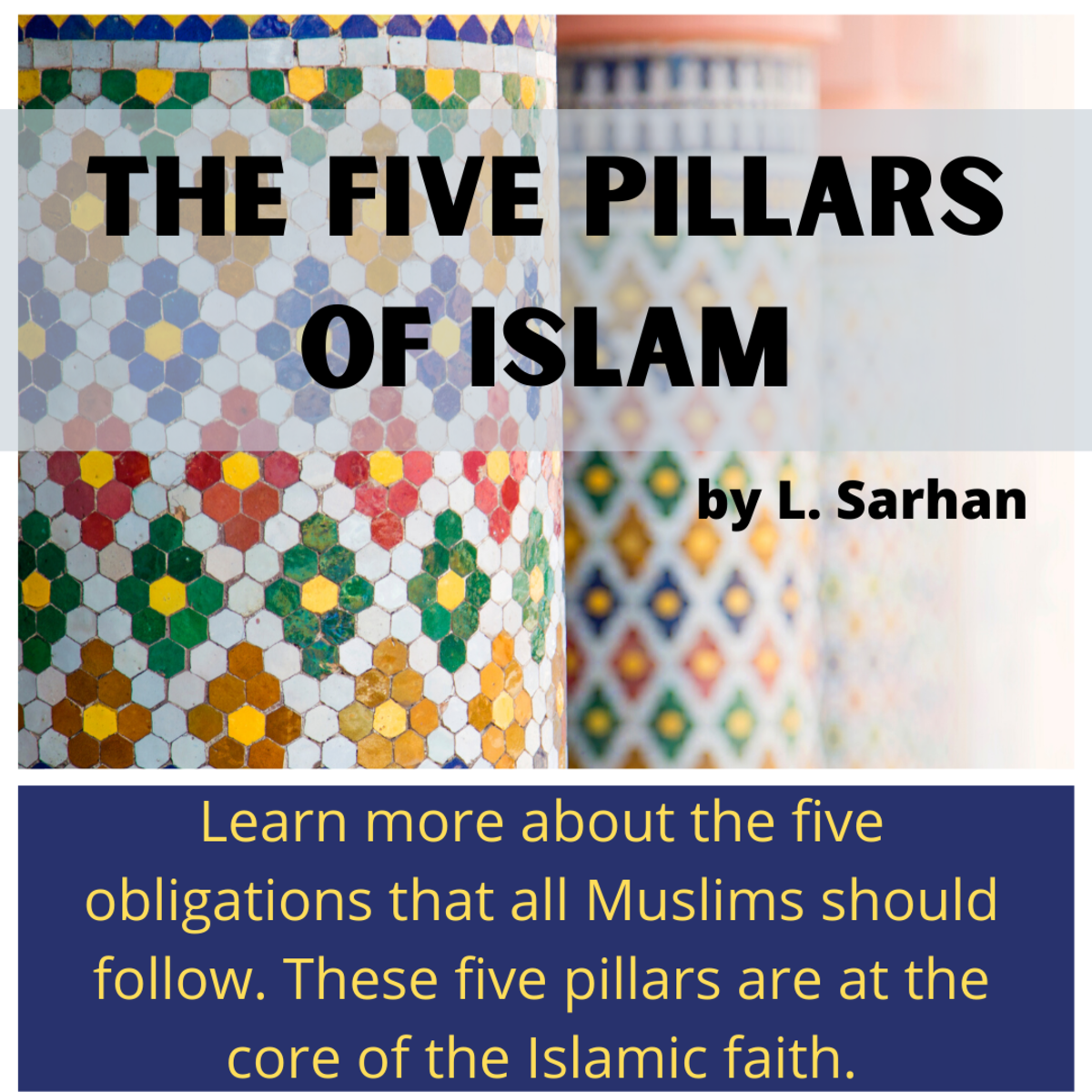Can Islam and Democracy Co-exist
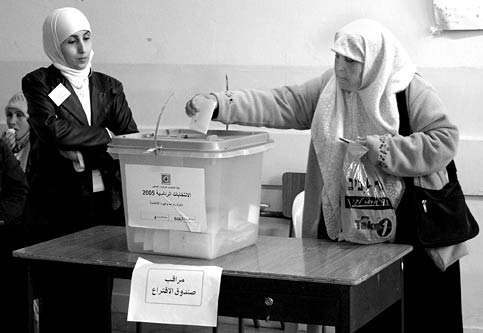
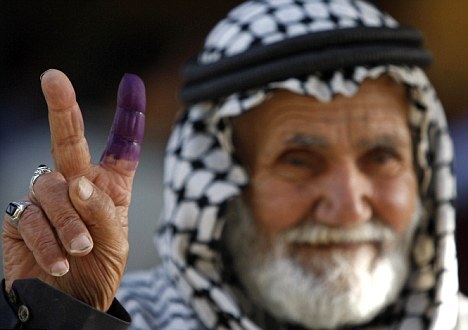
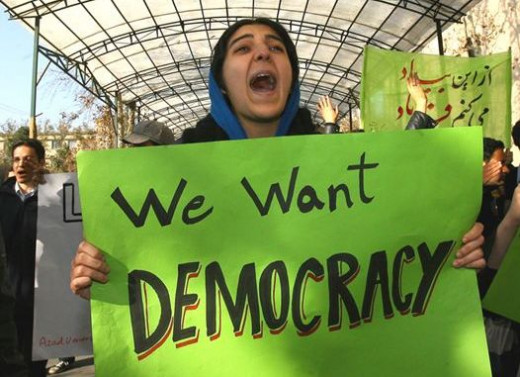
Can Islam and Democracy Co-exist ( Part 1)
Can Islam and democracy co-exist? It is a frequent discussed topic not only in Muslim world, but also in western world. There is huge difference of opinion amongst Muslim scholars regarding this notion. I will cover this topic in three parts. In first part, I am going to discuss arguments which are in favor of the co-existence of Islam and Democracy. In second part, I will discuss the arguments which are against the co-existence of Islam and Democracy and in third part, I will conclude it.
Abdulkarim Soroush, an Iranian Islamic scholar says, “Islam and democracy are not only compatible, their association is inevitable. In a Muslim society, one without the other is not perfect.”
Islam proclaims that earth belongs to “Khalk e Khuda”, people of GOD, and man is the “Khalifa”, on earth. GOD addressed the angels and said:
“I will create a Khalifah on earth” (2:30)
Being khalifa on earth means that we are agents of GOD on earth and we have to run this earth as trustees of HIM.
The Islam proclaims that ruler and the ruled ones are equal before the eyes of GOD and ruler cannot demand special privileges. He is just a common man, who is given power to serve his people. If he does something wrong then he is not exempt from punishment, when his actions are judged in a judicial process.
In Islam, people have right to elect their ruler by consensus. In earlier time, when populations were small and system of casting of ballot was not present, people used to express their opinions in public meetings usually held in mosques.
The first four caliphs of Islam were elected by the community with consensus. Prophet Muhammed (PBUH) in his last year, fearing big dispute amongst muslims after him, nominated Huzrut Abu Bakar Sidique (R.A) as a candidate for caliphate, but He was appointed with consensus of people. Similtarly, Huzrut Abu Bakar Sidique (R.A) in his last days, consulted all the prominent leaders of tribes ( which is a common practice in tribal life style) for next caliph. They all presented their consent for Huzrut Umar (R.A) to be their next caliph. In this way,Huzrut Umar (R.A) presented 6 names for the caliph to be after him and asked people to select one of them as their next after him and Huzrut Usman (R.A) was elected as caliph. The Fourth caliph Huzrut Ali (R.A) was also elected by the choice of people. The lesson we get from the emergence of first caliph to fourth caliph is that it was not decided by the force or power but the free choice of muslims present then.
Islam is about consent and participation of people, it has democratic principles like Shura (consultation), Ijma (building consensus) and Ihtihad (leading to judgement). Madina was the first Islamic state established by Prophet Muhammad (PBUH). Prophet used to consult with his companions on different matters of state. The Holy Qur’an states; “ Amruhum baina Shurahum” means ,”decide your matters with consultations”.
In Islam people have freedom of speech and can challenge the decisions of their ruler. 2nd caliph of Islam Huzrut Umar(R.A) once put the upper limit of meher ( meher is something tangible or intangible which a groom gives to his bride as a gift of wedding, it should be beneficial for bride and is compulsory on groom, usually it is money, gold, silver, house or any asset) during the caliphate of Huzrut Umar (R.A) people of arabs started paying very high mehers to their brides and in doing so they started competing with each other so, the Huzrut Umar (R.A) put an upper limit that no one can pay meher higher to this limit. But an ordinary Arab woman challenged the decision of her caliph and said, “O! umar, ALLAH did not put any upper limit for meher in Qur’an, how can you put it?” Huzrut Umar admitted that woman is right and his decision is wrong.
In my second part I have discussed the arguments agains the notion “Islam and Democracy co-exist” click on link below to view next part.
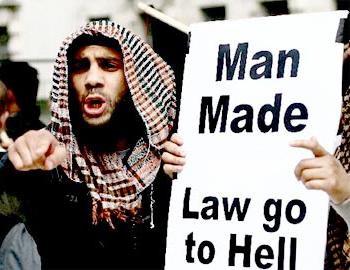
Arguments which states that Islam and democracy cannot co-exist.
In this part I am going to discuss the arguments which states that Islam and democracy cannot co-exist.
I heard an Islamic scholar Abdur Raheem Green on the topic of Islam and Democracy. He stated that in history a small state of Greeks practiced a form of governance, which was known by philosophers of time as Democracy and it is very interesting to note that a number of Greek philosophers themselves, consider democracy to be a unbefitting, weak and corrupt form of governance. One of the great philosopher of Greek said that the major problem with democracy was that the leader would always have to pamper to the desires and whims of the people in order to get their support and thus leader would not be able to take decisive, firm and conclusive decision, would not be able to take morally sound decisions which a leader should. Because by doing so he will contradict the opinion of masses and will lose their support and eventually lose his position.
Abraham Lincoln defines democracy as; “Government of People, for the people, by the people.” According to this definition of democracy sovereignty belongs to people.
Muslim means “submitting one’s will to ALLAH” and Islam proclaims that sovereignty belongs to ALLAH only, none other. It means a Muslim is obedient to the commands of GOD, not to his whims and desires. Whatever is commanded from ALLAH, he has to obey and whatever is forbidden, he has to avoid. As Qura’n says;
Nor does He shares His command (His sovereignty, supreme authority) with anyone whatsoever...(18:26)
Praise be to ALLAH (who)has no partner in His sovereignty…(17:111,25:2)
One of ALLAH’s name is Arsha’ri, the law maker .In Islam there is no concept of secularism. A democracy which practice separation of mosque and state is contradictory to the teachings of Islam. There are certain things which are prohibited in Islam such as; consuming alcohol and interest, cannot be made permissible in an Islamic state. An act of making things permissible which are prohibited is an act of committing shirk (blasphemy) and in Qura’n ALLAH says that in hereafter He will forgive every sin except shirk (blasphemy, making associates with Him).
This is the biggest argument which is against the notion that “Islam and democracy can co-exist”.
Islam and democracy
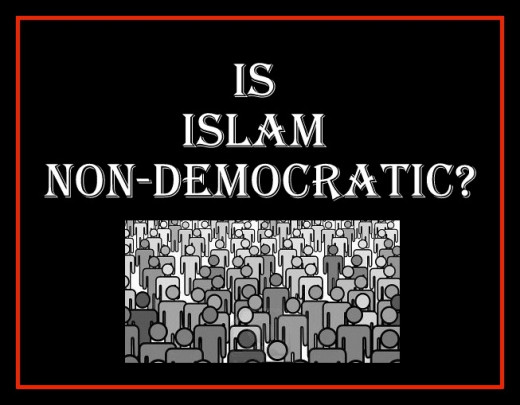
Islam and democracy:conclution
After reading first and second part one can wonder what actually in Islam is? Is there theocracy, dictatorship or democracy in Islam? Let’s discuss it.
As I discussed before that in Islam sovereignty belongs to Allah and man is hisKhalifa on earth. People has the right to choose their ruler. After being elected as a ruler of an Islamic state, it is His duty to perform as Khalifa of Allah on earth. Being Khalifa on earth does not mean the successor of Allah but it states that He will apply the rule of God. He is bound to apply the order of God as it is, he does not has authority to change that. But wherever the direct order is not present, in those matters he has the llliberty to take decisions by using his best decisive skills, in the best interest of state and people but this should not contradict with Qura’n and Hadith. This is called Ijtihad.
For example when British ruled over subcontinent (where I belong to) the real ruler was the Queen who used to be in England but she had appointed a Vice Roy in Delhi. His example can be understood as the Khalifa of Queen, he was bound to apply the order of Queen as it was given. He had not the authority to change the order of Her Majesty but wherever a direct order was not present, he had the choice to take decision on his own.
The order of Allah is determined through book of Allah(The Qura’n) and Sunnah( sayings and practices of Messenger of Allah). These direct orders will be implemented without any change and concession. For example, alcohol and interest is prohibited in Qura’n and they will not be legalized in Islamic state, even majority of people ask for. There are few prohibitions in Islam to be followed.
There are many areas in which people have the liberty of choice. For example, people can chose and decide with mutual consent whether they want to adoptPresidential system or Parliamentary system. Similarly, people can decide between, Unitary, Federal, Confederal systems.
The principles will be taken from the book of God and from the practice of messenger of God and will be implemented through the current developed institutions. A state has three pillars Executive, Legislature and Judiciary. The scope of legislation is limited in an Islamic state, it cannot go beyond the limits of Qura’n and Sunnah. But between these limits, in optional areas the highest values of democracy can be practiced. The optional area in Islam is very vast than the prohibited area because principle is “ every that thing is optional, which prohibition is not proven”. People can have one house legislature or two house legislature, this is optional. The division of power between center and provinces or states is also optional, people can decide it with mutual consensus. Allocation of budget will also be decided with mutual consultation.
Judiciary is the custodian of legislation and people have the right to challenge any law in court and court will decide.
A thorough screening will be done for the people who will present themselves as the candidates of executives and legislature. They will declare their assets and source of their assets etc. Then they will be elected through elections. The president will chose his minister with the best abilities and skills to serve in specific area.
In Islamic system more than one political parties can operate and can compete with each other in elections. It will be the responsibility of state to protect the rights of minorities.
Islam is not Theocracy and not even pure Democracy as practiced in west these days. It is between both of them. You can call it Theodemocracy.




